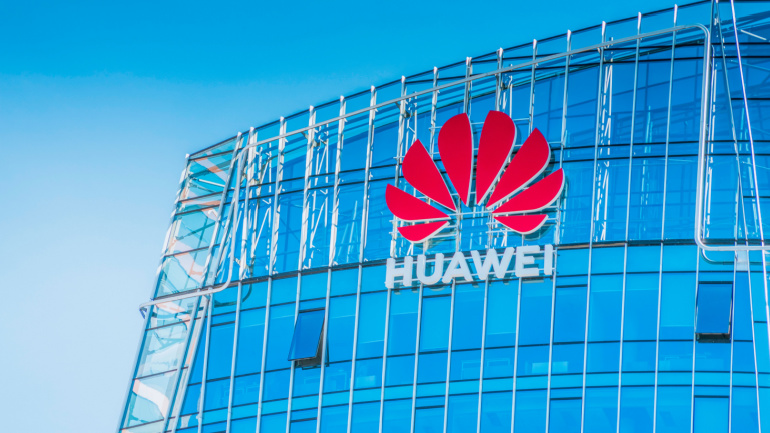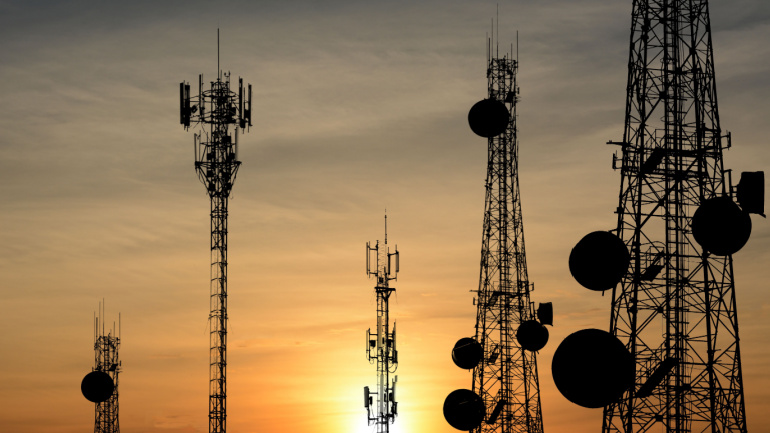Imagine a search and rescue mission in remote rural areas, being empowered by the wings of a drone, beaming down 5G connectivity. This very scene is unfolding in Warwickshire, UK, thanks to Virgin Media O2’s innovative approach. The drone, armed with a petite mobile base station, creates a nimble communication network, offering vital real-time data to rescuers.
As the interest in AI accelerates globally, a resurgence is noticed in a related sector: data center investment. AI-integrated solutions demand higher processing capability, marking data centers as attractive long-term investments. Recently, a $7 billion data center joint venture was announced by Blackstone and Digital Realty, promising additional data centers and enhanced IT capacity.
Verizon Public Sector has clinched a $15 million task order to upgrade voice and data services for the U.S. Navy’s Morale, Welfare and Recreation (MWR) division. The contract, granted under the federal government’s Enterprise Infrastructure Solutions (EIS) procurement initiative, will witness Verizon integrating innovative technologies and services for voice across MWR’s global locations.
SoftBank’s recent €473m acquisition of a 51% stake in Cubic Telecom indicates a growing confidence in connected vehicles’ market. Cubic’s unique software – already utilized in around 17 million vehicles worldwide – allows manufacturers to add new functionality over-the-air, enhancing safety and performance. According to McKinsey & Co, by 2030, 95% of new vehicles are anticipated to be connected, revealing the tremendous potential of this sector.
Last Friday experienced a network issue affecting many Three customers, drawing nearly 18,000 complaints. Meanwhile, Three is discussing a merger with Vodafone, a move subject to scrutiny by the Competition and Markets Authority which is currently conducting a formal Phase 1 investigation.
Huawei’s new Paris Innovation Centre reflects its pledge to advance the tech landscape in Europe through collaboration. This £2 million-per-year initiative aims to cement positive relations between corporations and small-medium enterprises (SMEs). SMEs, the bedrock of Europe’s economy, often grapple with the complexities of digital transformation, an issue the Innovation Centre seeks to address.
The race for 5G supremacy is intense, and LexisNexis IPlytics explores the landscape in their 2023 report. CEO Tim Pohlmann notes a significant surge in 5G patents, with the top 10 players owning 76% of declared patent families. The US leads in patent volume, followed by China and Europe. Huawei dominates the top 50 ranking. Pohlmann emphasizes the role of Chinese companies, particularly Huawei, in shaping the 5G sector, extending their influence to the automotive industry
A new comprehensive guide has been launched aiming to enhance AI understanding among employees for optimal, safe use, subsequently improving performance. The guide addresses fundamental sectors crucial for handling AI and data securely, also spotlighting the use of advanced AI tools. It further divides the learning model into four distinct ‘personas’ based on the increasing level of AI literacy required.
Indosat Ooredoo Hutchison’s recent acquisition of MNC Play marks a strategic expansion into the fibre-to-the-home market, promising new options for customers and advancement in Indonesia’s digital transformation. Inclusion of MNC Play’s fibre optic network into the IOH portfolio fortifies their position in the market.
Distinguished selections, momentous awards, and unprecedented telecom innovations marked the recent proceedings. Notably, Telia Company’s Global IoT Connectivity solution won the B2B Service of the Year, while PT Telekomunikasi Selular took laurels in the Digital Transformation Programme category.













